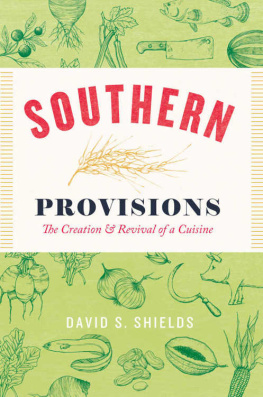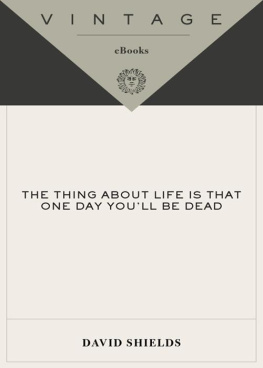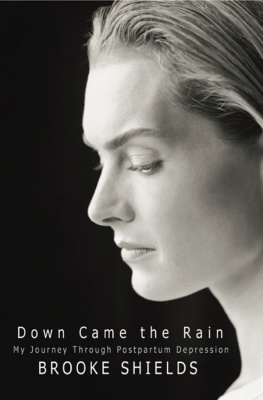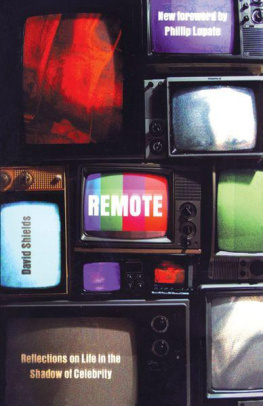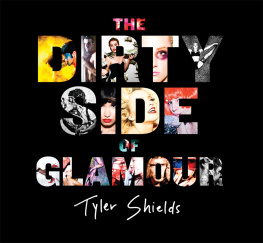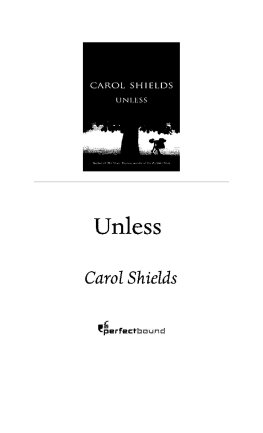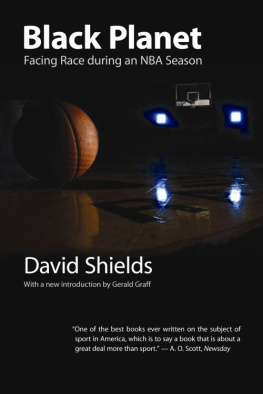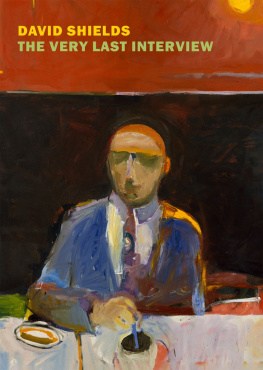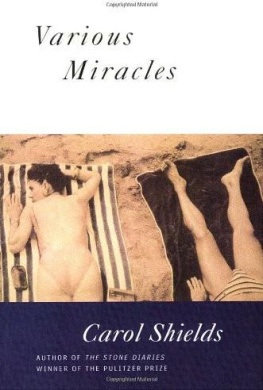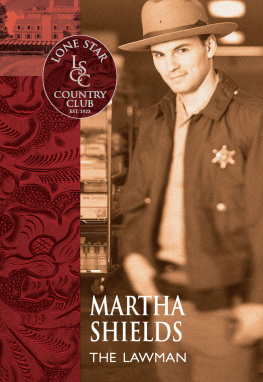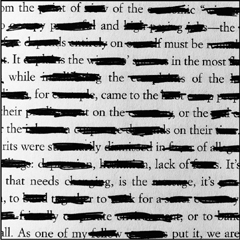Shields - How literature saved my life
Here you can read online Shields - How literature saved my life full text of the book (entire story) in english for free. Download pdf and epub, get meaning, cover and reviews about this ebook. City: New York, USA, year: 2013, publisher: Knopf, genre: Art. Description of the work, (preface) as well as reviews are available. Best literature library LitArk.com created for fans of good reading and offers a wide selection of genres:
Romance novel
Science fiction
Adventure
Detective
Science
History
Home and family
Prose
Art
Politics
Computer
Non-fiction
Religion
Business
Children
Humor
Choose a favorite category and find really read worthwhile books. Enjoy immersion in the world of imagination, feel the emotions of the characters or learn something new for yourself, make an fascinating discovery.
How literature saved my life: summary, description and annotation
We offer to read an annotation, description, summary or preface (depends on what the author of the book "How literature saved my life" wrote himself). If you haven't found the necessary information about the book — write in the comments, we will try to find it.
In this wonderfully intelligent, stunningly honest, and painfully funny book, acclaimed writer David Shields uses himself as a representative for all readers and writers who seek to find salvation in literature.
Blending confessional criticism and anthropological autobiography, Shields explores the power of literature (from Blaise Pascals Penses to Maggie Nelsons Bluets, Renata Adlers Speedboat to Prousts A Remembrance of Things Past) to make life survivable, maybe even endurable. Shields evokes his deeply divided personality (his ridiculous ambivalence), his character flaws, his woes, his serious despairs. Books are his life raft, but when they come to feel unlifelike and archaic, he revels in a new kind of art that is based heavily on quotation and consciousness and self-consciousness--perfect, since so much of what ails him is acute self-consciousness. And he shares with us a final irony: he wants literature to assuage human loneliness, but nothing can assuage human loneliness. Literature doesnt lie about this--which is what makes it essential.
A captivating, thought-provoking, utterly original way of thinking about the essential acts of reading and writing.
Amazon.com ReviewAmazon Guest Review of How Literature Saved My Life, by David ShieldsBy Cheryl Strayed
Cheryl Strayed is the author of the best-selling memoir Wild. Strayed writes the Dear Sugar column on TheRumpus.net. Her writing has appeared in the New York Times Magazine, the Washington Post Magazine, Vogue, Allure, Self, the Missouri Review, Brain, Child, The Rumpus, the Sun and elsewhere. The winner of a Pushcart Prize as well as fellowships to the Bread Loaf Writers Conference and the Sewanee Writers Conference, her essays and stories have been published in The Best American Essays, The Best New American Voices, and other anthologies.
Great books are born of grand passions. The best literature is made when authors refuse to rest easy, but instead dig into their obsessions in order to express not just whats true, but whats truer still. This greatness is apparent on every page of David Shieldss How Literature Saved My Life, a culturally searching declaration of the power and limitations of literature thats also a highly idiosyncratic, deeply personal soul search by one super smart man who consumes and considers books as if his life depends on it.
Part memoir, part manifesto, How Literature Saved My Life is as wide-ranging as it is intimate, and much of its power lies in the ambitiousness of Shieldss reach. Its a book that defies definition. My category for it is simply a strange book that I love. Its a serenade wrapped inside a cross-examination; an intellectual book that reads like a detective novel. In its pages, one reads about subjects as diverse as Tiger Woods, the theory that someday tiny robots will roam inside our bodies to reverse the damage caused by aging, Renata Adlers Speedboat, and the private journals of Shieldss unsuspecting college girlfriend.
This is a long way of saying that How Literature Saved My Life is a book with balls. It doesnt ask for permission to be what it is: an original, opinionated, gentle-hearted, astonishingly intelligent collage of the ideas, reflections, memories, and experiences of a writer so avidly determined to understand what literature means that the reader must know too.
Amazon.com ReviewAmazon Best Books of the Month, February 2013: Anyone who gives a hoot about the status and the future of storytelling needs this rangy, brainy, bad-ass book--a book that celebrates books, dissects books, and pays homage to the creators of our stories. Packed with riffs and rants--some hilarious, some brilliant, some flat-out zany--this is caffeinated, mad-genius stuff: sly, manic, thoughtful, and witty. (Shields three-page self-comparison to George W. Bush--he likes to watch football and eat pretzels--is especially fun.) At times, I felt like I was on a madcap tour of an eccentric professors private basement library, never knowing what was around the next corner. My review copy is littered with underlines and exclamation points and, yes, a handful of WTFs. Part critical analysis, part essay, and part memoir, How Literature Saved My Life offers its liveliest passages when Shields reveals Shields. A stutterer, he developed an early kinship with the written word, since the spoken word came to him with dehumanizing difficulty. Which makes one of his final lines all the more potent: Language is all we have to connect us, and it doesnt, not quite. --Neal Thompson
Shields: author's other books
Who wrote How literature saved my life? Find out the surname, the name of the author of the book and a list of all author's works by series.


